Edward Said 3-pack
3 CDs
Includes:
U.S. Interventions in the Middle East
The current occupant of the White House has said, “The Middle East is a troubled place. There are a lot of bad things happening in that part of the world.” Indeed. But why is it a troubled place and why are bad things happening there? There is no mention of Washington’s role. Actions have consequences. U.S. invasions, occupations, coups, and economic warfare in the Middle East have significantly contributed to turning the region into a disaster area. Washington has aligned itself with feudal despotic regimes. Decades ago, the U.S. identified Middle Eastern oil as crucial to its designs to dominate the world. Fast forward. The 2003 U.S. invasion of Iraq has to be one of the greatest war crimes in history. Its ramifications continue to reverberate throughout the Middle East and beyond. And Palestine? Things are as bleak as ever. Recorded at the University of Washington.
Clash of Civilizations
Said refutes the work of Samuel Huntington, contending that Huntington's much-touted book Clash of Civilizations, thinly disguised as cultural study, actually advances a divisive policy agenda. Said shuns these "driveby cultural studies" and challenges Huntington to a higher standard.
Recorded at the University of Massachusetts.
Culture & Imperialism
Imperial power is constructed on a bedrock not only of force but of culture as well. Culture provides the crucial underpinning, justification and validation of empire. Its crudest manifestation is perhaps Kipling's "White man's burden." A more refined version is the French "mission civilisatrice," civilizing mission. Imperialism is often thought of as a European phenomenon of the past. In fact, it continues today in different shapes and forms. Colonial attitudes are masked in new rhetoric. The U.S. carries out its imperial policies behind the facade of democracy and freedom. Culture and politics produce a system of control that transcends military power to include a hierarchy of representations and images that dominate the imaginations of both the oppressor and the oppressed. Recorded at York University.
Speaker
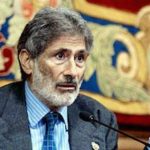
Edward Said
Edward Said, an internationally renowned Columbia University professor, practically invented the field of post-colonial studies. His great works Orientalism and Culture and Imperialism have been translated into many languages and are widely used in colleges and universities. The New York Times called him, “one of the most influential literary and cultural critics in the world.” As one of the few advocates for Palestinian rights in the U.S., he was the target of vilification, death threats and vandalism. The Economist said he “repudiated terrorism in all its forms and was a passionate, eloquent and persistent advocate for justice for the dispossessed Palestinians.” He was a trenchant critic not just of Israeli policies, but also of Arafat, the corrupt coterie around him and the despotic Arab regimes. He wrote: “While I have always advocated resistance to Zionist occupation, I have never argued for anything but peaceful coexistence between us and the Jews of Israel once Israel’s military repression and dispossession of Palestinians has stopped.” Though invited, he refused to attend the September 1993 White House signing ceremony of the Oslo agreement. He denounced it saying “What Israel has gotten is official Palestinian consent to continued occupation.” He felt strongly that intellectuals had a special responsibility to speak out against injustice, challenge power, confront hegemonic thinking, and provide alternatives. His friend Noam Chomsky said of him, “Said was one of the most remarkable and influential intellectuals of the last half-century. Much of his immense effort and talent was dedicated to overcoming the insularity, prejudice, self-righteousness, and apologetics that are among the pathologies of power and defending the rights of the victims.” His memoir Out of Place won the New Yorker Book of the Year Award. His two books of interviews with David Barsamian are The Pen & the Sword and Culture & Resistance. Edward Said died in New York in 2003.

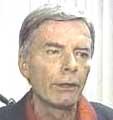
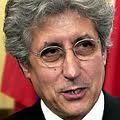
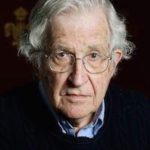
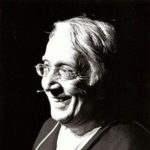
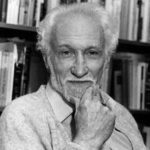
Reviews
There are no reviews yet.